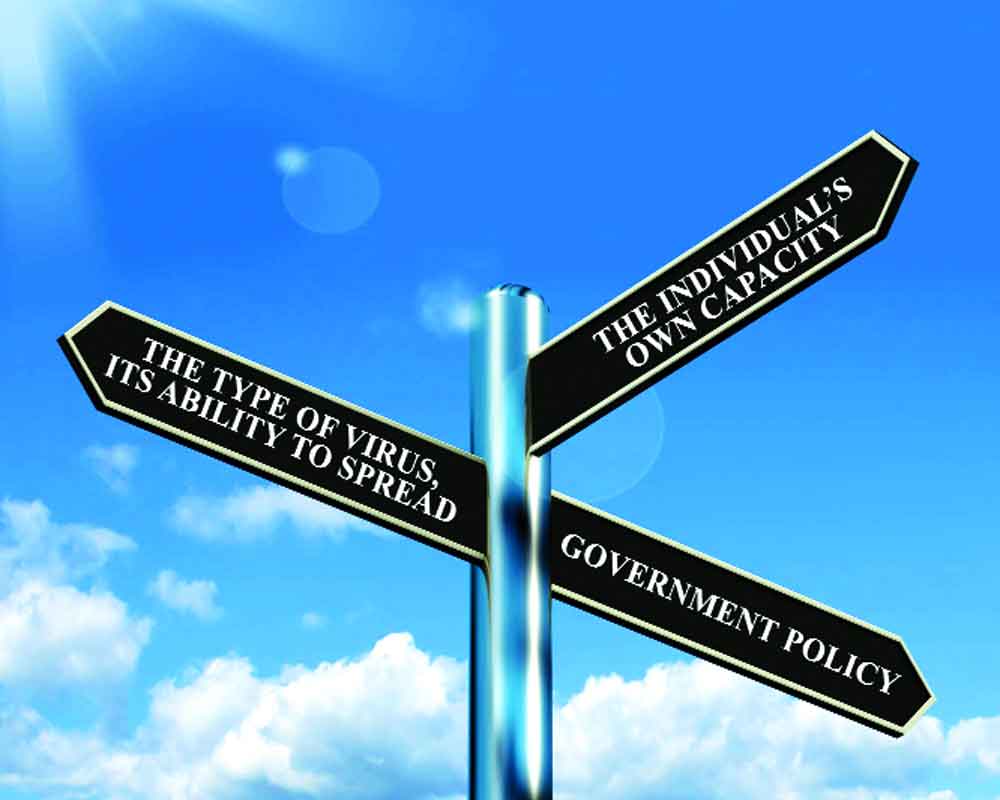Problem solving skills may differ across geographies
The circumstances in which a lot of people find themselves at present times have a strong element of uncertainty and stress. Much of it is externally administered or enabled, and hence learning to cope becomes tricky. It is a skill that is not talked about enough in a formal way.
The result is a situation where it is difficult to have a programmed response to such stress. Perhaps, at our present state of knowledge, it is only possible to refer to a set of responses that have been tried out by some articulate people and who have documented their experience. Such guidelines, arising out of experimentation or a useful compendium, can have only limited predictive validity.
Ultimately, one has to rely on one’s judgment. This is a tricky situation which one can only hope to test and succeed in; it has its pitfalls. One of the prominent gaps would be the deftness of the personality of the user in the practice of a technique that has worked for someone else.
This is a serious proposition, because a technique in this context is only as good as a compatibility with that technique with the personality of the user. The complexity also comes because of the need for compatibility of the method to the temperament of the person. Illustratively, some of us are more anxiety prone than others and spend so much time trying to analyze, test, and comprehend. There are other personality variables: like proneness to brood and skin, a problem to its basics over and over again. This for some continues until the methodology itself loses relevance because of its inability to solve the full problem.
The methodology of the problem-solving approach and the personality grain of the person trying to solve the problem are also important variables. The concern for dealing with the ambiguity and unknowns, without pre-programmed content, exists at many places.
In one part of the world, say, the United Kingdom, masks have almost been shed because the focus is on vaccination. The adult population has been covered by and large with four vaccinations. In India, the vaccination covered two basic shots and one booster shot. The fourth shot has not yet emerged, and in fact, one of the manufacturers of the vaccine had to discard a large number of vials. In India, many have given up the use of masks, and while some persist, the infection rate is not alarming. In the case of China, a city like Shanghai is in the grip of the third wave of a virus, and just a few days ago, Disney Land was abruptly closed in the forenoon with visitors and all still inside the campus.
Any individual will undoubtedly feel bewildered about how to cope with a potential situation. The first call will have to be on the type of virus, its ability to spread, and whether it is waxing or waning. The second concern would be the Government policy, and the third would be the individual’s own capacity. Anxiety and strain are personality responses to a teaser. However, psychological coping with it is only a part of the response frame. A scientific framework requires other variables. Much has to do with the material requirements also, of course, a pinch of luck.
That indeed is the pattern of growth of ‘problem solving methods’ across many parts of the world and many situations needing a human response. Answers take time and get tested only by experience.
(The author is a management consultant)


























